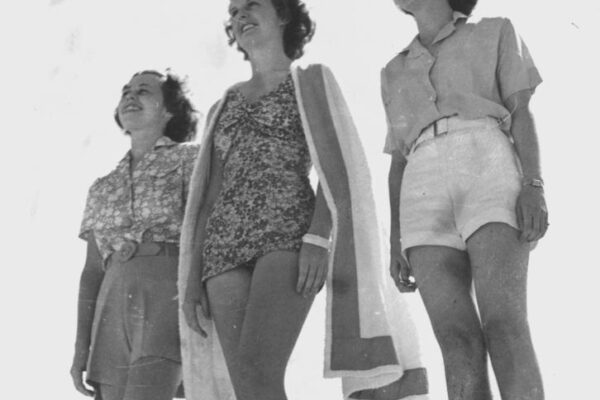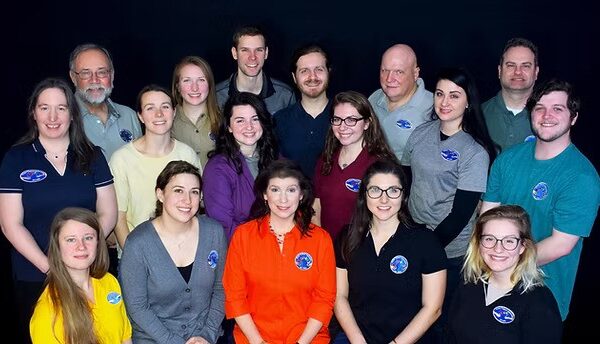Cancer treatment saves lives. But the disease and its treatments, such as radiation and chemotherapy, can take a toll on the heart, says cardio-oncologist Michael McCulloch, MD, of St. Luke’s Cardiology Services. Sometimes, the effects do not surface until years, or even decades, later.
“There are certain cancers where people are more likely to die of cardiovascular disease than cancer, 10 years after treatment,” he said. “Patients who have been treated for certain types of cancer should be followed by a cardio-oncologist who can identify complications and begin treatment early to slow the progression of heart disease.”
As part of a team of cardiologists at St. Luke’s University Health Network, one of the country’s leading heart and vascular centers, Dr. McCulloch works closely with other primary care physicians, cardiologists, and oncologists in diagnosing and caring for heart patients who are receiving cancer treatment currently, or have in the past.
As a cardio-oncologist, Dr. McCulloch:
• treats heart conditions caused or worsened by cancer and its treatment.
• evaluates heart patients newly diagnosed with cancer and develops a plan of treatment that minimizes risks to the cardiovascular system, including the heart.
• prescribes medications to strengthen patients’ hearts so they can tolerate the most aggressive cancer treatments.
• advises patients and their care teams on which chemotherapies are safest for the heart and which pose too much risk.
• provides long-term monitoring of cancer patients at risk for developing complications, especially those who have received radiation and extensive imaging of the chest or have risk factors such as high blood pressure, high cholesterol, and obesity.
Dr. McCulloch explained that cardio-oncologists are cardiologists or oncologists with a special interest, experience, and knowledge of cancer treatment’s effect on the heart. After graduating from the University of Virginia and completing a residency at Massachusetts General Hospital, Dr. McCulloch completed a fellowship in cardiology and congestive heart failure at Cleveland Clinic. He specialized in cardio-oncology because he saw a great need for specialists who understood the connection between cancer treatment and heart disease.
“I treated a man who had received cancer treatment and later developed heart disease,” he said. “His condition was undiagnosed for years. The disease had already irreparably damaged his heart by the time he was diagnosed. Had he been diagnosed sooner, we could have started treatment earlier to improve his quality of life and increase his years of survival.”
Cardio-oncologists also help patients receive the maximum benefit from their cancer treatment. For example, the heart of patients receiving certain types of cancer treatment are monitored, and if their heart is affected, treatment must stop. Working with the oncologist, Dr. McCulloch can prescribe medications to strengthen the heart, enabling patients to withstand more aggressive cancer treatment and improve treatment results.
Dr. McCulloch joined St. Luke’s in August, moving to the area to be closer to his parents, sister, and extended family in New Jersey.
“I decided to join St. Luke’s because it is one of the best health systems in the region,” he said. “Joining St. Luke’s enabled me to work in a great health system and be close to my family. I have found the patients to be very nice, friendly, down-to-earth, and engaged in improving their health.”
Dr. McCulloch became a physician because he enjoyed science and physiology, but he was also intrigued by the art of caring for people. During medical school, he found cardiology the most interesting field from a physiology perspective.





